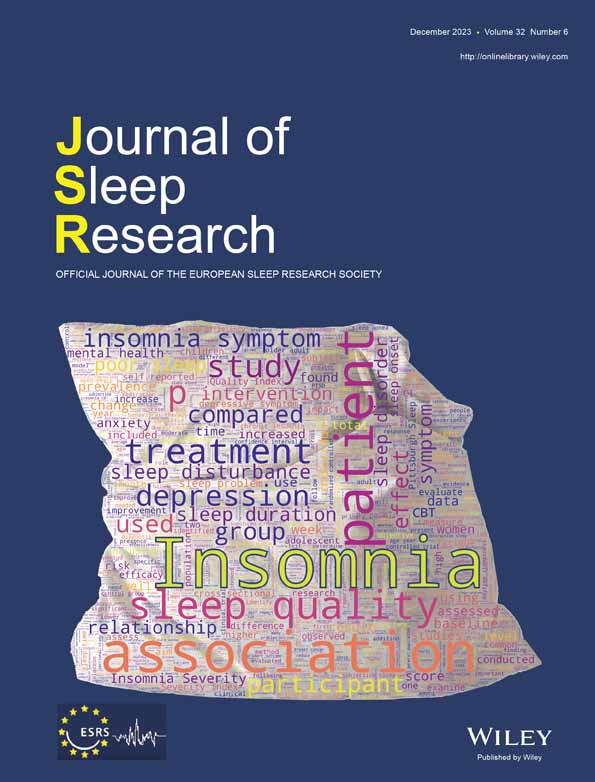
- The European Prevention of Alzheimer’s Dementia (EPAD) is an initiative that groups together 36 academic research centres & universities, biotech & pharmaceutical companies and patient associations with the aim of establishing an infrastructure to facilitate clinical trials to prevent the onset of the disease.
- The first volunteers, from Edinburgh and Barcelona, are currently being incorporated into the European cohort study. Some of these volunteers will later participate in an investigational clinical trial.
- One of the studies promoted by the EPAD initiative includes the Barcelonabeta Brain Research Center of the Pasqual Maragall Foundation. This study will assess how the risk of developing the disease should be communicated to healthy persons or to individuals with very early symptoms.
On 17-19 May, Barcelona will be the meeting point for the most influential researchers in the field of Alzheimer’s dementia prevention in Europe. European Prevention of Alzheimer’s Dementia (EPAD) representatives will meet in the Catalan capital during these three days to attend plenary sessions and working groups. The Barcelonaβeta Brain Research Center, the research institution of the Pasqual Maragall Foundation, will host this international meeting.
The purpose of the EPAD initiative is to delay or prevent the progression of the disease to dementia in persons that are at risk of developing it and that present very few or no symptoms. To achieve this, EPAD researchers are developing a platform that uses existing information in cohort studies, patient registers and other European studies that have identified potential participants, such as the ALFA project of the Pasqual Maragall Foundation. The ultimate aim is to test drugs that act against the initial stages of the disease and thus prevent or delay the onset of symptoms.
The EPAD project is developing a register composed of 24,000 persons and a cohort of 6,000 participants. These volunteers will undertake cognitive, genetic, magnetic resonance imaging and lumbar puncture procedures. From these participants, 1,500 will be selected to participate in the clinical trials aimed at preventing Alzheimer’s Dementia. Currently, the first volunteers, participants of the Prevent study in Edinburgh and the ALFA study in Barcelona, are being incorporated into the cohort.
According to Dr. José Luis Molinuevo, co-lead of EPAD and scientific director of the Pasqual Maragall Foundation’s Barcelonabeta Brain Research Center, “EPAD is a unique opportunity to offer potential access the most innovative clinical trial designed for the prevention of Alzheimer to healthy persons at risk of developing the disease.”
How should the risk of developing the disease be communicated?
The volunteers that are being incorporated into the European cohort are healthy persons that are at risk of developing the disease in the future. The disclosure of this risk is a very sensitive aspect and has led to the launch of the international study “Approaches to the Communication of Alzheimer’s disease Risk (ACAR)” by the EPAD Bioethics working group.
The study will establish a number of recommendations and good practices, which are derived from debate panels encompassing interest groups from Spain, the UK and Alzheimer Europe’s European Working Group of People with Dementia. The results of this research will allow us to understand the attitude, implications and concerns of persons facing the disclosure of being at risk of developing dementia, with the aim of deciding which information should be communicated and which are the optimal conditions to do so.
About EPAD
The EPAD project is a major European initiative to create a novel environment for testing numerous interventions targeted at the prevention of Alzheimer’s dementia. The start of this novel collaboration was announced in January 2015 and will initially run for five years. EPAD is mainly sponsored by the European Commission and the European pharmaceutical industry (via EFPIA) under the auspices of the Innovative Medicines Initiative Joint Undertaking (IMI JU). For more information: www.ep-ad.org. The EPAD programme has an initial budget of €64M distributed across a total of 36 partners from the private and public sectors:
- Janssen Pharmaceutica NV, Belgium
- University of Edinburgh, United Kingdom
- University of Oxford, United Kingdom
- BarcelonaBeta Brain research Centre at Pasqual Maragall Foundation, Spain
- Synapse Research Management Partners SL, Spain
- Karolinska Institutet, Center For Alzheimer Disease Research, Sweden
- Stichting VU-VUmc, Netherlands
- University of Cambridge, United Kingdom
- Medical Research Council Biostatistics Unit, United Kingdom
- Berry Consultants LLP, United Kingdom
- Université de Genève, Switzerland
- Radboud University Medical Centre, Netherlands
- Cardiff University, United Kingdom
- Centre Hospitalier Universitaire de Toulouse, France
- Quintiles, LTD, United Kingdom
- Alzheimer Europe, Luxembourg
- Erasmus Universitair Medisch Centrum Rotterdam, Netherlands
- Hôpital de la Salpêtrière, France
- Institut National de la Santé et de la Recherche Médicale, France
- University of Leicester, United Kingdom
- IXICO Technologies Ltd, United Kingdom
- Araclon Biotech, S.L., Spain
- Fraunhofer, Germany
- Eisai Inc., United States
- Sanofi-Aventis Recherche & Développement, France
- Novartis Pharma AG, Switzerland
- Boehringer Ingelheim International GmbH, Germany
- Ely Lilly and Company Ltd, United Kingdom
- Lundbeck A/S, Denmark
- Takeda Development Centre Europe Ltd, United Kingdom
- AC Immune SA, Switzerland
- Biogen Idec Inc., United States
- Amgen NV, Belgium
- Pfizer Limited, United Kingdom
- UCB Biopharma SPRL, Belgium
- Aridhia, United Kingdom
About Alzheimer’s disease and dementia
Alzheimer’s disease is a progressive degenerative disease which causes loss of neurons in the brain. The symptoms eventually and inevitably manifest as Alzheimer’s dementia which impacts cognition, function and behaviour, becomes progressively worse over time and cannot be reversed. There are 7.7 million new cases of dementia globally each year, suggesting one new case every four seconds. There were an estimated 44.4 million people with dementia in 2013 and this number is estimated to increase to 135.5 million by 2050 (http://www.alz.co.uk/research/statistics). Currently approved treatments may temporarily stabilise or slow the worsening of symptoms, but do not alter the course of the disease. Attempts to bring new drugs to market for the treatment and prevention of Alzheimer’s dementia have been disappointing despite massive commercial, public and academic investment of time and resources.
CONTACTS:
| Communication Agency Atrevia Pol Masdeu pmasdeu@atrevia.com (+34) 93.419.06.30 |
Communication Area Pasqual Maragall Foundation Eva Nebot enebot@fpmaragall.org (+34) 93.316.09.90 |
Acknowledgement. The research leading to these results has received support from the Innovative Medicines Initiative Joint Undertaking under grant agreement n° 115736, resources of which are composed of financial contribution from the European Union’s Seventh Framework Programme (FP7/2007-2013) and EFPIA companies’ in kind contribution.
Disclaimer. This communication reflects the views of the EPAD Consortium and neither IMI nor the European Union and EFPIA are liable for any use that may be made of the information contained herein.







